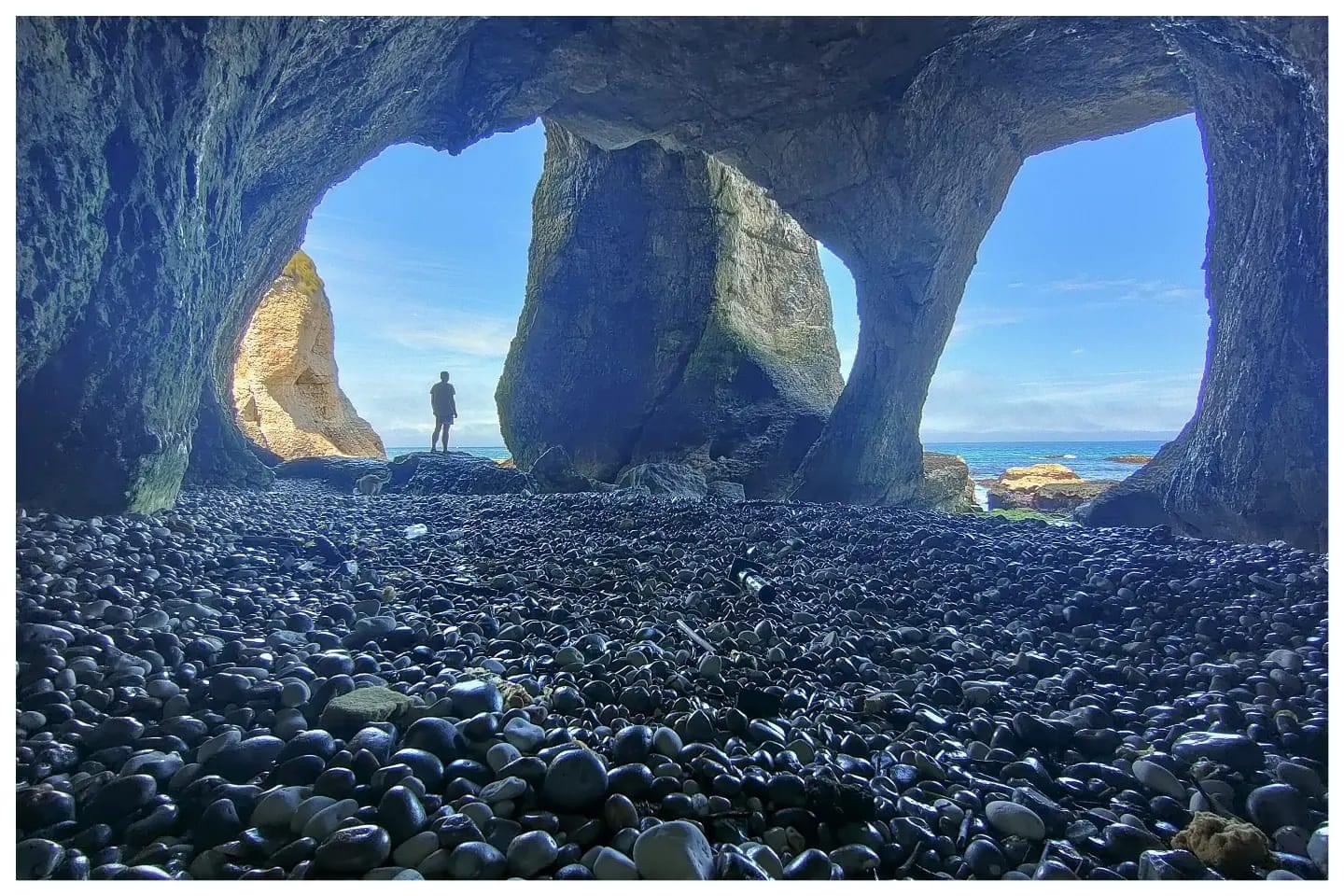A reading and a reflection
Ruth 4 1 – 12
No sooner had Boaz gone up to the gate and sat down there than the next-of-kin, of whom Boaz had spoken, came passing by. So Boaz said, ‘Come over, friend; sit down here.’ And he went over and sat down. Then Boaz took ten men of the elders of the city, and said, ‘Sit down here’; so they sat down. He then said to the next-of-kin, ‘Naomi, who has come back from the country of Moab, is selling the parcel of land that belonged to our kinsman Elimelech. So I thought I would tell you of it, and say: Buy it in the presence of those sitting here, and in the presence of the elders of my people. If you will redeem it, redeem it; but if you will not, tell me, so that I may know; for there is no one prior to you to redeem it, and I come after you.’ So he said, ‘I will redeem it.’ Then Boaz said, ‘The day you acquire the field from the hand of Naomi, you are also acquiring Ruth the Moabite, the widow of the dead man, to maintain the dead man’s name on his inheritance.’ At this, the next-of-kin said, ‘I cannot redeem it for myself without damaging my own inheritance. Take my right of redemption yourself, for I cannot redeem it.’
Now this was the custom in former times in Israel concerning redeeming and exchanging: to confirm a transaction, one party took off a sandal and gave it to the other; this was the manner of attesting in Israel. So when the next-of-kin said to Boaz, ‘Acquire it for yourself’, he took off his sandal. Then Boaz said to the elders and all the people, ‘Today you are witnesses that I have acquired from the hand of Naomi all that belonged to Elimelech and all that belonged to Chilion and Mahlon. I have also acquired Ruth the Moabite, the wife of Mahlon, to be my wife, to maintain the dead man’s name on his inheritance, in order that the name of the dead may not be cut off from his kindred and from the gate of his native place; today you are witnesses.’ Then all the people who were at the gate, along with the elders, said, ‘We are witnesses. May the Lord make the woman who is coming into your house like Rachel and Leah, who together built up the house of Israel. May you produce children in Ephrathah and bestow a name in Bethlehem; and, through the children that the Lord will give you by this young woman, may your house be like the house of Perez, whom Tamar bore to Judah.’
Reflection
“…Teach our faith to assert itself…” is a memorable invocation from the legendary African American preacher, the late Gardner C. Taylor.
It’s a powerful prayer. We often ask just for faith, or for more faith. But to ask for the faith we already have to assert itself, to reveal itself in times of crisis, ought to be the essence of what we truly desire.
Boaz was taking a risk by following the law. He is obeying the law of the land (land had to be sold within the family because it was given to them by God), and the law of caring for widows, as revealed throughout the Torah.
When was the last time following God was risky for you?
Unfortunately, contemporary and popular teachings on Ruth make this a teaching on relationships and “finding your Boaz”.
Boaz was a good man for his day, I would agree. But this is about keeping God’s family and God’s property alive and well. The ritual of the sandal was symbolic of land ownership. It was a sign that you knew your land, your responsibility, and Who gave it to you.
Once the deal is made, the blessing shared is not for a rich harvest, but for a perpetuation of the Elimilech’s family. “May you have many babies”, is the essence of the blessing.
This is not colonization, it is what happens when you know you are part of a larger story, and it doesn’t end with Elimilech, Boaz or with Ruth.
Capitalism has never had this relationship with land and people. Gentrification remains a problem in Western societies because of a disconnect between land and people. The native histories of North America, Australia, and Africa are all but destroyed because of our failure to see our participation in a story greater than our own. And of course, the climate and Covid. We scream about “rights”. In Ruth, it is about something more spectacular than my mundane prosperity or individuality.
The actions of Boaz mirror what one of his offspring will say many generations later: “Not my will, but Yours be done.”
Prayer
God, teach us that the greatest adventure we can embark on is following Your Will and living an asserted faith. Ase and Amen.



